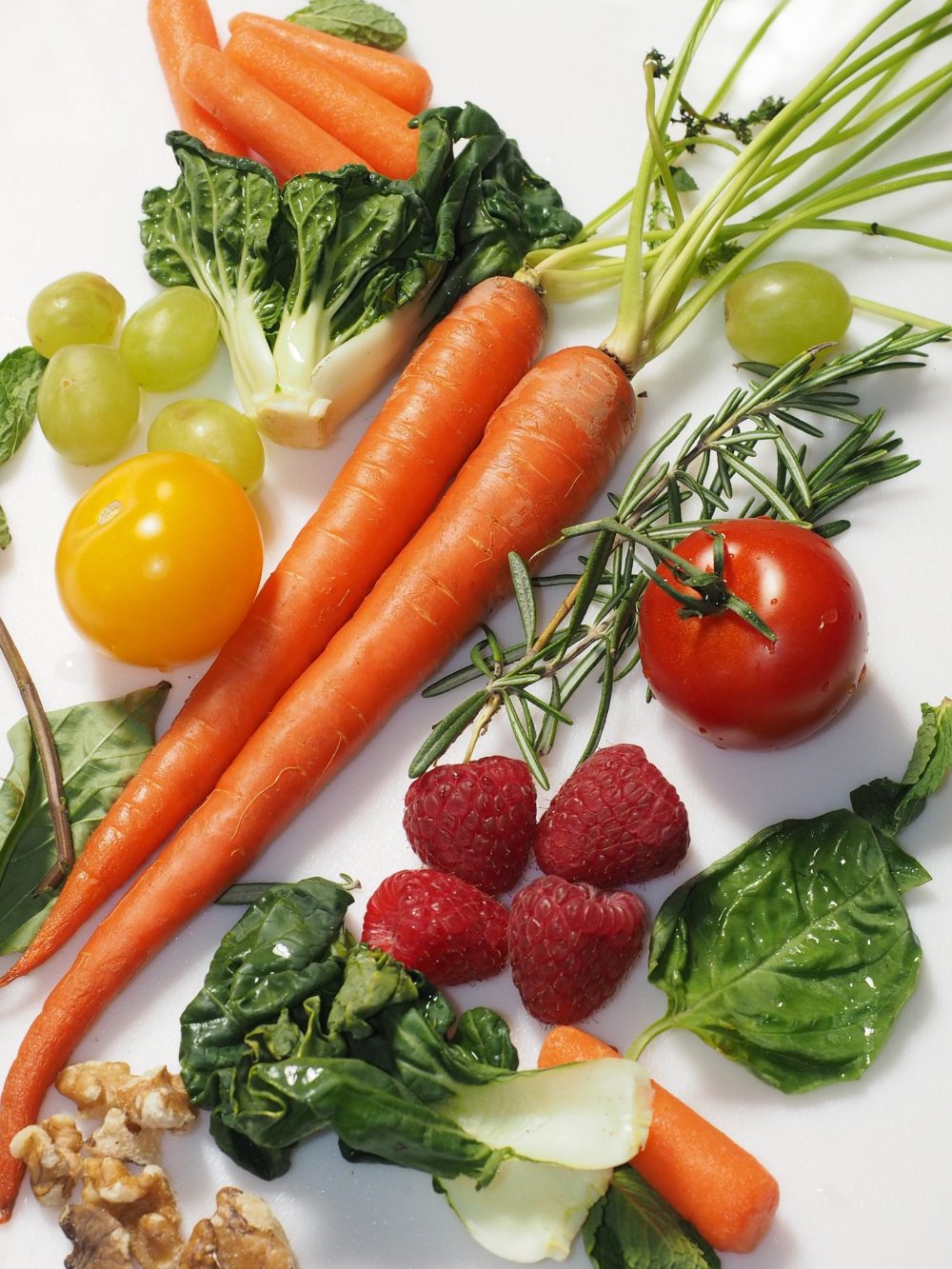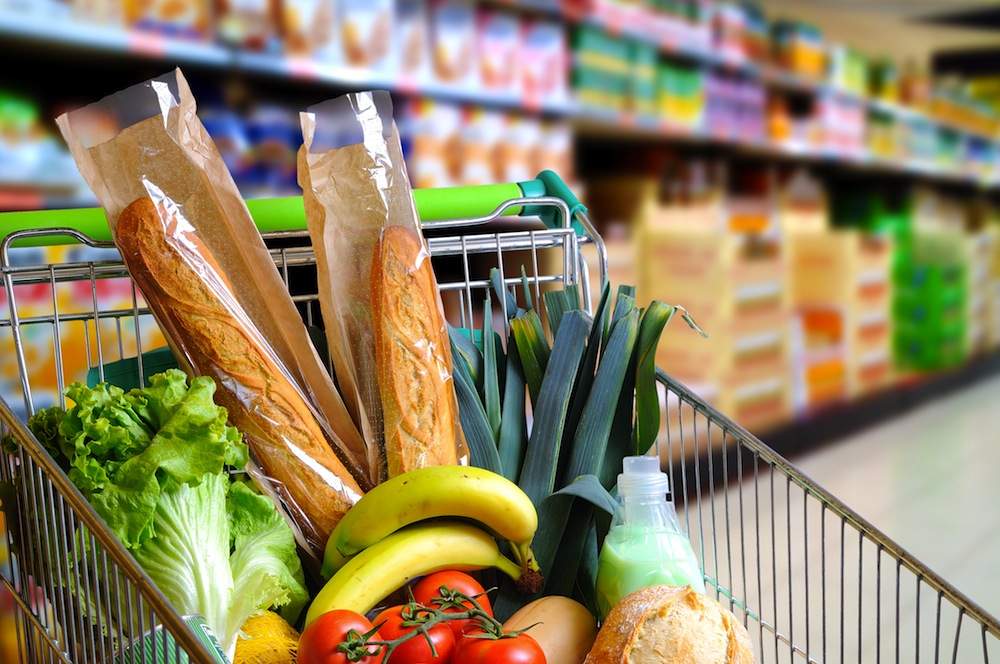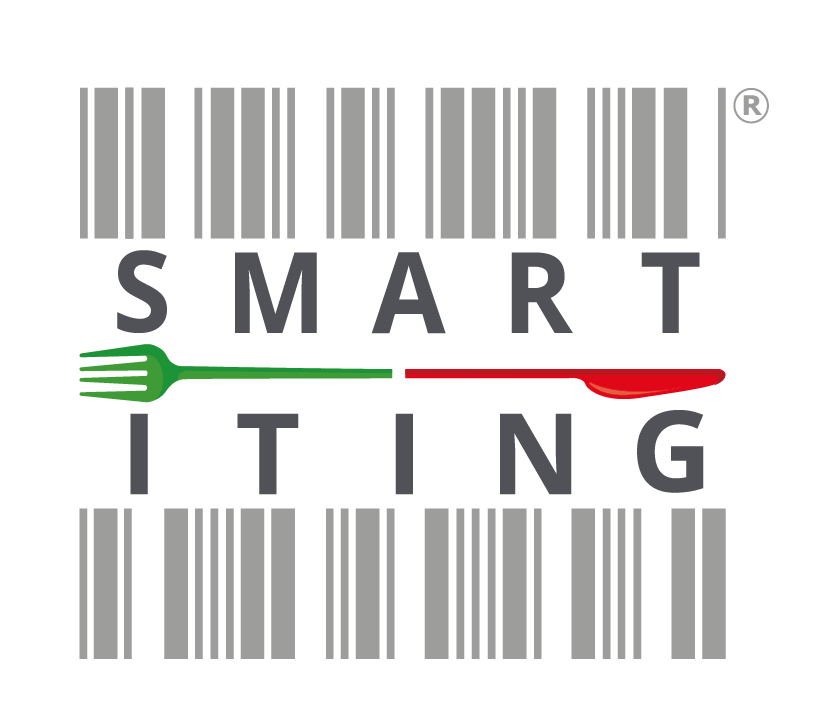
08 Lug A study on Organic Products consumption behaviour reflects an increase in purchases
The aim is clear: a identify reliable and reputable retailers for the benefit of consumers. This is the result of the “Quality Organic Retailers” and “TOP Organic Retailers” awards 2019 research conducted by The Hong Kong Organic Resource Centre (HKORC) of Hong Kong Baptist University.
From end of Jan to mid of Feb 2019, the HKORC interviewed local consumers (810 citizens across the 18 districts) to study their consumption behaviour regarding organic products and their understanding of organic labels; and to look into the frequency, preference and amount of their organic purchase.
The study shows that 60% of respondents see “organic products” as the equivalent of “natural products”, whereas over 80% of them opt for organic food because they consider it “natural”, revealing that these two concepts are still wrongly mixed up in people’s mind. In fact, there is no definition for “natural products”; even if the food comes from a natural source, it can still be tampered with chemicals or additives or harmful substances during processing, or contaminated in the course of packaging or transport. On the contrary, “organic products” refers to products that adhere to stringent organic standard when undergoing processing, packaging or being transported; and are free of genetically modified organisms.

67.8% “had purchased organic food” in 2018, representing an increase of 7.8% compared to last year. Waichai District, with 85% of respondents that had purchased organic food, comes first, followed by the Southern District (82.8%), Tai Po (82.4%) and Kwai Ching District (80.4%). Among these consumers, the proportion of those who brought “every day” went up, while proportions of those who brought “at least once a week” and “at least once every two weeks” declined. In terms of money spent on purchasing organic, number of respondents in the high-spending consumer group ($501 or above per month) increased by 3.2% compared to 2017, showing that the high-spending consumer group is growing.
In terms of sales channels, “supermarkets, superstore, department store and mega shopping mall” are still the most preferred options by those who wish to get organic products, as pointed out by more than half of the respondents. It is followed by “market, including wet markets” (increased by 9.4% to 42.9% compared to 2017) and “healthy food outlets”(increased by 4.1% to 26% compared to 2017). Other sales channels include “farm produce bazaar” (8.2%), “online shops” (7.3%), “direct purchase at farms” (7.8%) as well as “co-op”(5.8%).
The survey also reveals that over 40% of respondents purchased “non-food organic products” in 2018, representing a 13% increase compared to last year. The “non-food organic products” they purchased most often were “skincare and makeup”, followed by “household care items”.
Over 75% of respondents, a 4.2% increase from 2017, used “organic label or organic certification label” as a proof for authentic organic products, showing that more people know about organic labels and make good use of them in differentiating real and counterfeit goods. During the survey, respondents were also asked to identify organic certification labels from USA, EU, Japan, China and Hong Kong’s HKORC. Compared to overseas labels, the organic label of the HKORC is known to over 60% of respondents (a 14.9% increase compared to last year) and out-performed other labels.

As for those who had not purchased any organic food in 2018, around 75% of them say “Organic is more expensive than conventional products” is the crucial reason, and over 50% said “conventional products and their organic counterparts do not differ much in their food quality”. When most consumers agree with the organic concept, demand for organic products will naturally increase. In view of this, their supply will also boost, eventually lowering the costs of organic fresh produces and products. Finally, organic products become more affordable for people to enjoy.


